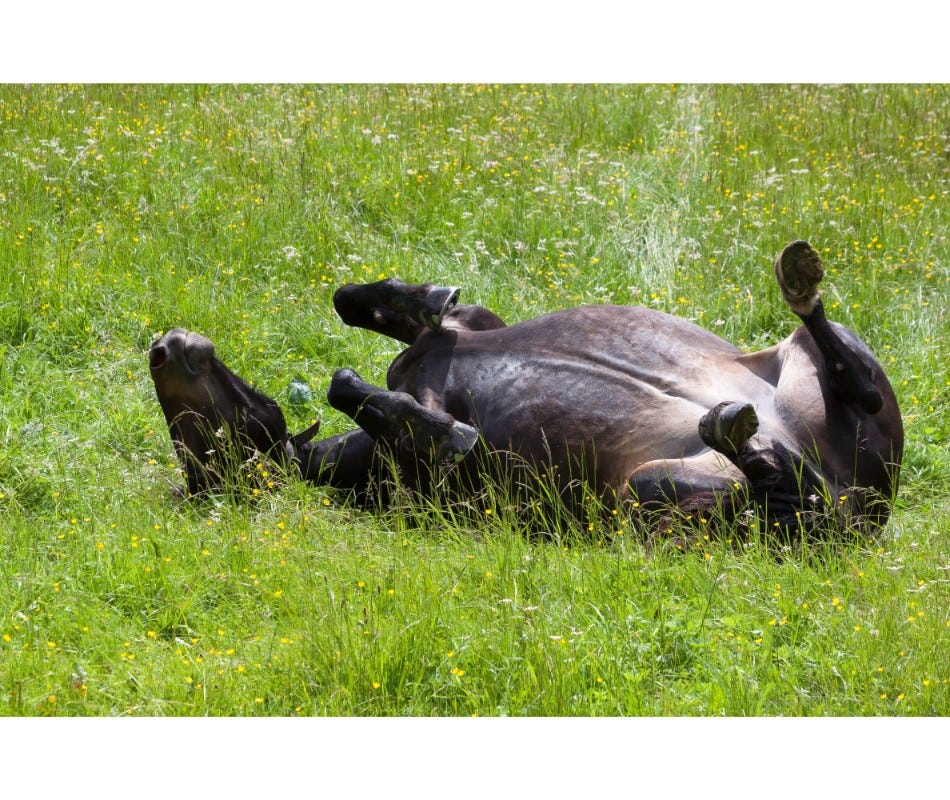We use cookies to make your experience better. To comply with the new e-Privacy directive, we need to ask for your consent to set the cookies. Learn more
How to Survive Colic
What is Colic
Colic, defined as abdominal pain, affects between 4 and 10 percent of horses during their lifetime. It is a serious and sometimes life-threatening condition. Many horses encounter colic at some point of their life.Therefore horse owners should know what causes the condition. Secondly learn more about the clinical presentation. After that knowledge of treatment and prevention to reduce the incidence of colic in horses.
Causes of Colic
There are many different causes of colic caused by different factors.Sudden changes in climatic conditions and feeding practices. Furthermore stress can lead to colic. Spasmodic colic involves severe intestinal contractions. When intestines are twisted or obstructed, a severe condition will result producing a very intense pain. The possibility of having twisted or obstructed intestines should be assessed by the veterinarian as early as possible because it could be a life-threatening condition that requires surgery.
Historically, internal parasites have long been considered as the most common cause of colic. Strongyle larvae that migrate can damage the blood vessels of the intestines. Consequently causing decreased intestinal motility and produces severe pain. Roundworms can also obstruct the intestines.
Diet can also present colic signs in horses. Sudden changes to diet, ingestion of foreign material such as sand can cause obstruction to the intestines. Concentrated diets can also lead to colic especially if there is not enough roughage in the diet.
What are the signs to look for?
Mild colic in horses can be observed when the animal keeps pawing the ground with their front hoof. hey may seem restless and frequently lie down and roll. For severe colic, horses will roll even more and tend to lie down on their back to relieve the intestinal pressure. The horse could even throw itself to the ground and roll vigorously. It is difficult to work with a horse in such condition unless sedated. Colic can also be characterized by the absence of abdominal sounds.
 The horse could even throw itself to the ground and roll vigorously
The horse could even throw itself to the ground and roll vigorously
Treatment for Colic
Colic treatment will depend on the type and severity of the condition. Painkillers may also be used to relieve pain caused from colic. Administration of mineral oil to lubricate the digestive tract for easier passing of fecal matter. In instances where colic is caused by parasite infestation, choosing the right dewormer becomes paramount. Fenbendazole for horses is effective against small strongyles and is also a broad spectrum anthelmintic. Work closely with your veterinarian when using dewormers.
In conclusion follow good equine management practices and moreover avoid situations that may cause your horse to develop colic.








Validate your login